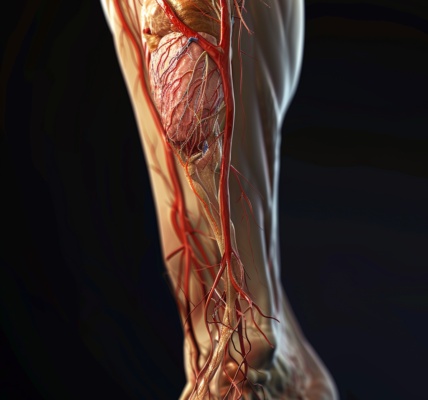Recent findings from a scientific study have sparked a significant discussion regarding airline policies on nut allergies and the measures taken to protect passengers with severe allergies. Conducted by Dr. Paul Turner and Dr. Nigel Dowdall, the research published in the Archives of Disease in Childhood challenges the widespread practice of airlines announcing ‘nut bans’ to accommodate those with nut allergies.
The authors of the study assert that there is no substantial evidence indicating that airborne transmission of nut allergens poses a risk during flights. Instead, they argue that these announcements may create a misleading sense of safety among passengers. This revelation comes at a time when the inconsistency of airline policies regarding nut allergies has led to numerous distressing incidents for those affected.
In a comprehensive global survey involving nearly 5,000 individuals with severe allergies, over one-third reported experiencing unprofessional or insensitive treatment from airline and airport personnel. Alarmingly, there have been reports of passengers being removed from flights after disclosing their allergies to staff. This has contributed to heightened anxiety among allergy sufferers, who often find themselves in uncomfortable situations when flying.
Conflicts sometimes arise when airline staff refuse to make nut ban announcements or continue to serve nut-based snacks, leading to a tense atmosphere onboard. Despite these challenges, the authors of the study provide some reassurance. They note that food-induced allergic reactions during flights are approximately 10 to 100 times less frequent than those occurring on the ground.
Dr. Turner and Dr. Dowdall emphasize that the belief in the commonality of reactions caused by aerosolized peanuts in commercial aircraft is largely unfounded. Their research indicates that such occurrences are rare, largely due to the advanced HEPA air filtration systems implemented in most commercial airplanes. These systems boast a particle-removing efficiency of 99.97%, and the cabin air is refreshed every three to four minutes—much more frequently than the average ten-minute refresh rate found in many hospital rooms.
Interestingly, the study highlights that the primary risk for allergy sufferers is not airborne transmission, but rather the residue that may remain on surfaces such as seats and tray tables from previous passengers. To mitigate this risk, the authors propose that a practical solution would be to allow allergy sufferers to board the aircraft early, giving them adequate time to clean their seating area effectively.
Furthermore, the researchers acknowledge that the risk of airborne transmission may be lower on airplanes, as many allergy sufferers take proactive measures, such as wearing face masks. However, they also point out that the effectiveness of nut-free buffer zones is still a matter of debate.
While the study suggests that passengers with severe nut allergies are generally safe while flying, the authors recommend that these individuals remain vigilant and take necessary precautions. This includes communicating their needs effectively to airline staff and ensuring that their seating area is adequately cleaned before settling in for the flight.
The findings of this study could potentially lead to a shift in how airlines approach nut allergies and the corresponding policies they implement. As awareness grows regarding the realities of nut allergies in the aviation context, it is hoped that airlines will adopt more consistent and sensitive practices that prioritize the safety and comfort of all passengers.
Overall, the discussion surrounding nut allergies in air travel is far from over. With ongoing research and advocacy, there is potential for significant changes that could improve the flying experience for those with severe allergies, reducing anxiety and fostering a more inclusive environment in the skies.





